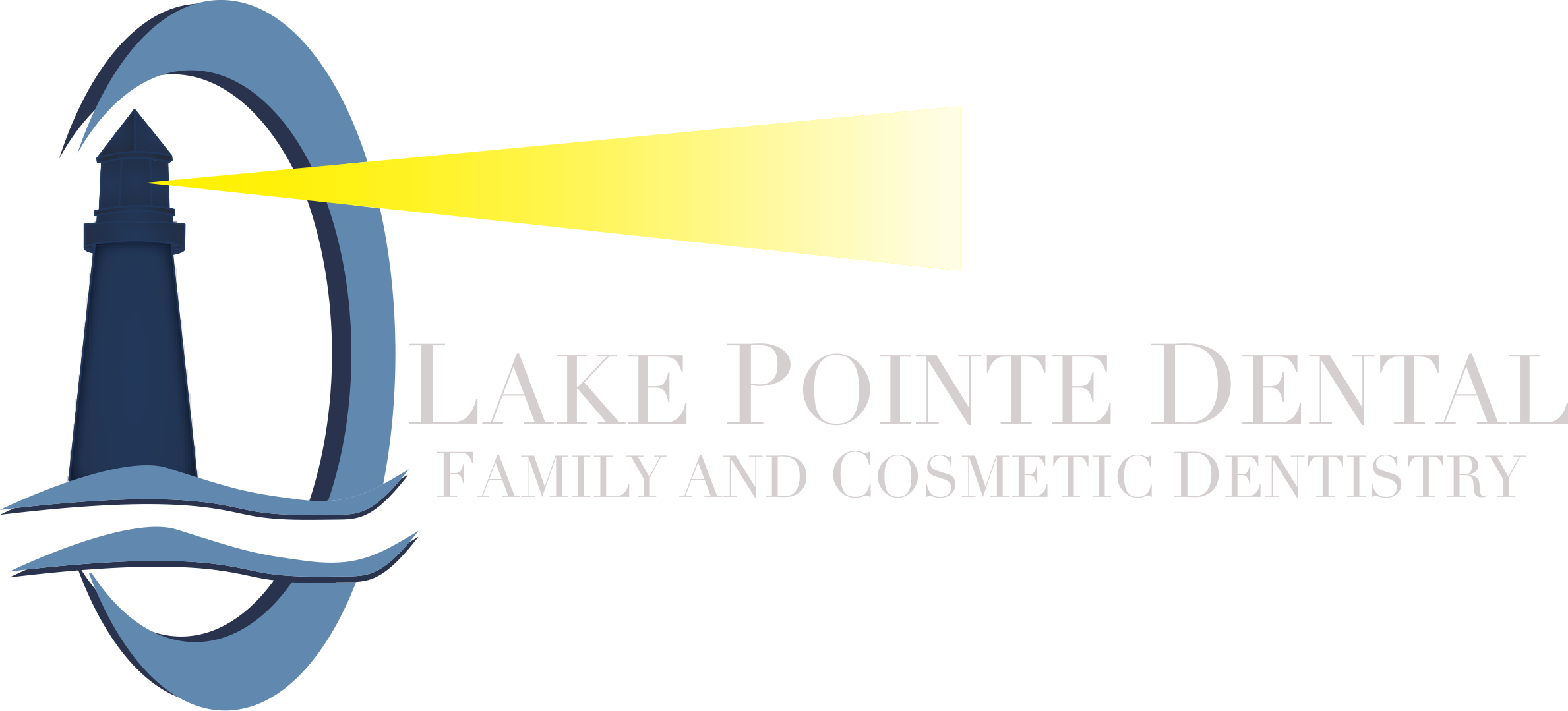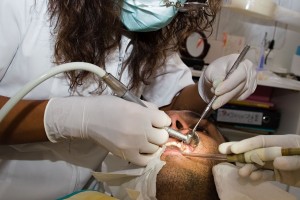Dental Cleaning and Examination
A Dental Cleaning does not merely refer to the professional cleaning, scaling or polishing that is done at dental clinics; it also includes educating patients about the correct way of maintaining their oral hygiene at home. Dr Grewal stresses on the importance of oral hygiene awareness to help prevent dental and periodontal diseases and educates all patients at Lake Pointe Dental regarding ideal hygiene maintenance techniques.
The dental examination conducted on the patients when they visit the clinic is comprehensive and aimed at encompassing all aspects of oral health. It is comprised of:
- Teeth Examination: Special dental instruments such as probes are used to check the different surfaces of the teeth for signs of decay or cavities
- Radiographs: Specialized X-rays may be taken, for instance peri-apical radiographs, which provide the dentists with a better understanding of the extent of the infection/decay
- Periodontal Evaluation: Periodontal evaluation comprises of methods to check the condition of the gums and whether they are healthy.
- Screening for Cancers: There are a number of cancers that present manifestations in the oral cavity. During routinely examination, the team at Lake Pointe Dental checks for any suspicious lesions which may have the potential to progress into malignancies so that the patient can receive timely medical attention.
- Assessment of Existing Restorations: During the dental examination, the dentists also check the condition of all existing restorations and prostheses.
Professional dental cleaning is performed at Lake Pointe Dental by skilled hygienists. The procedure is comprised of two main steps:
Removal of tartar (also known as calculus) and Plaque: Plaque is the transparent layer that covers the surface of the teeth and comprises of saliva, remains of food and bacteria. This layer not only causes damage to the tooth surface, but also affects the surrounding gums by causing inflammation (swelling). If plaque is not removed and oral hygiene is not properly maintained, it may lead to the initiation of gum diseases.
Calculus is plaque which has hardened over a certain period of time and remains attached to the surface of the tooth. Calculus, commonly known as tartar, cannot be removed by simply brushing or flossing and requires professional cleaning. The dental hygienists perform ultrasonic scaling to effectively remove all plaque and calculus from the teeth, thus restoring ideal dental and periodontal health.
Polishing: Once the stains, calculus and plaque have been removed, the hygienists then perform polishing for the final look of gleaming perfection. Polishing removes all remaining stains or debris from the teeth.









